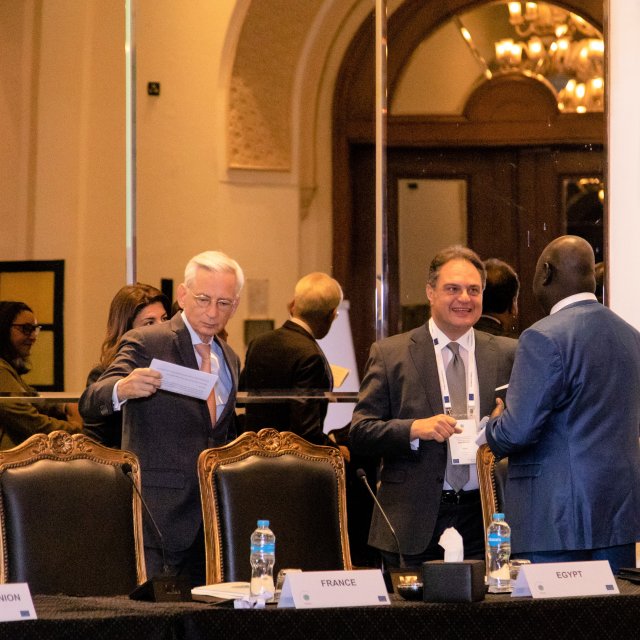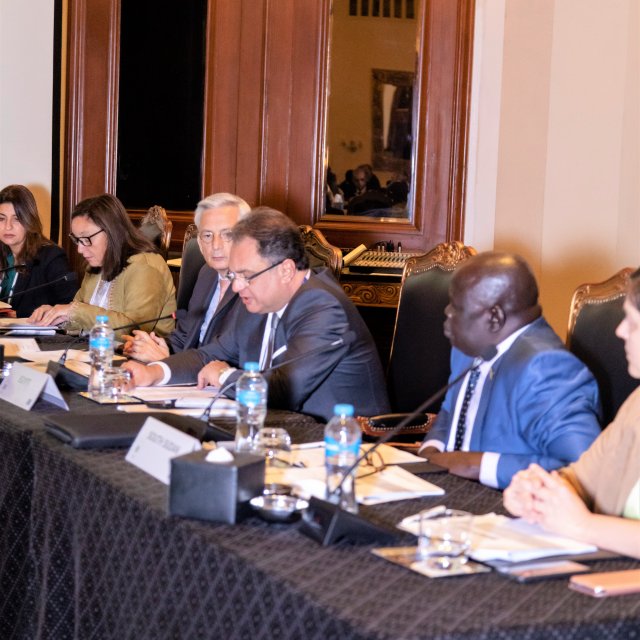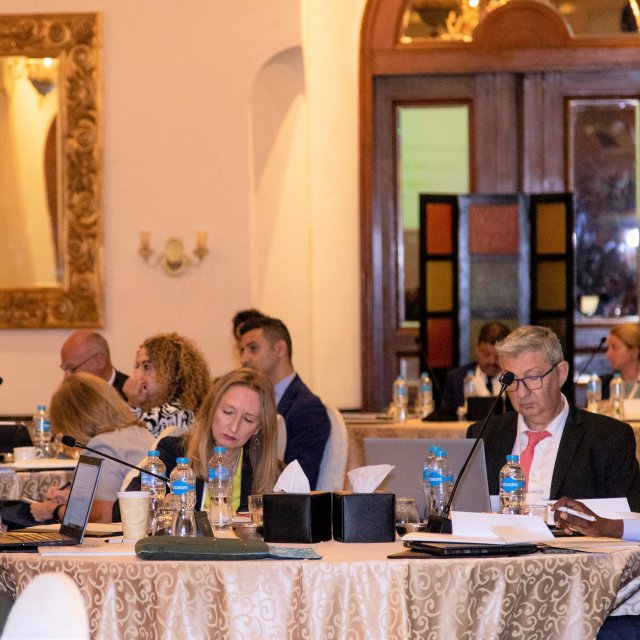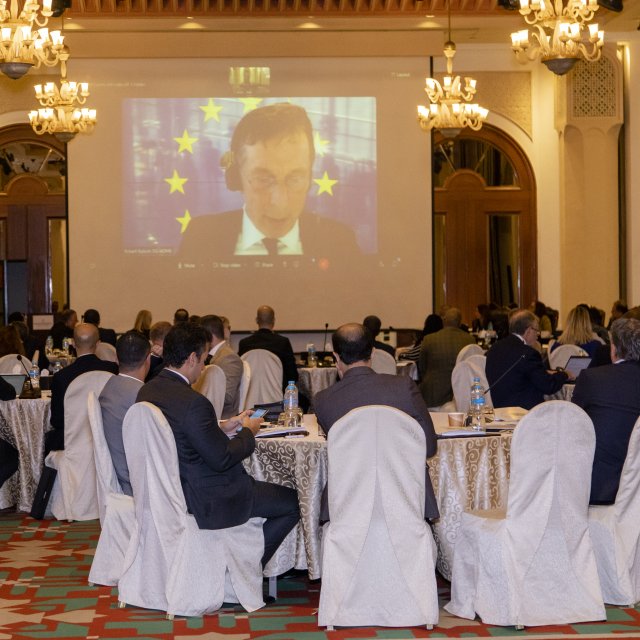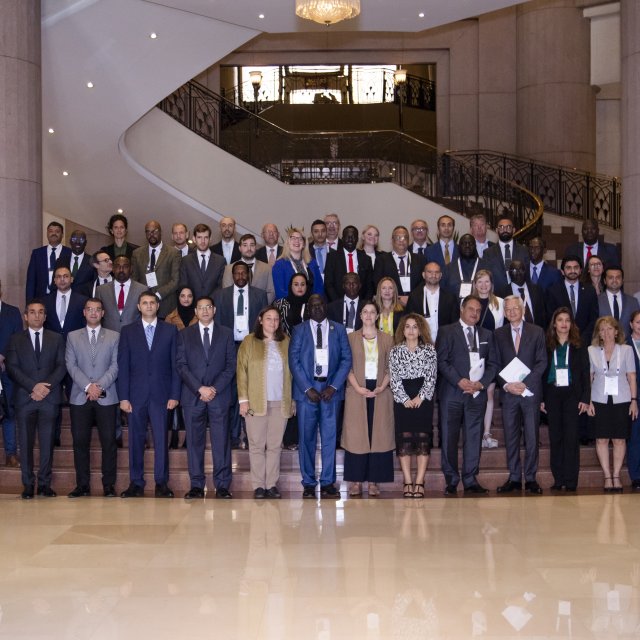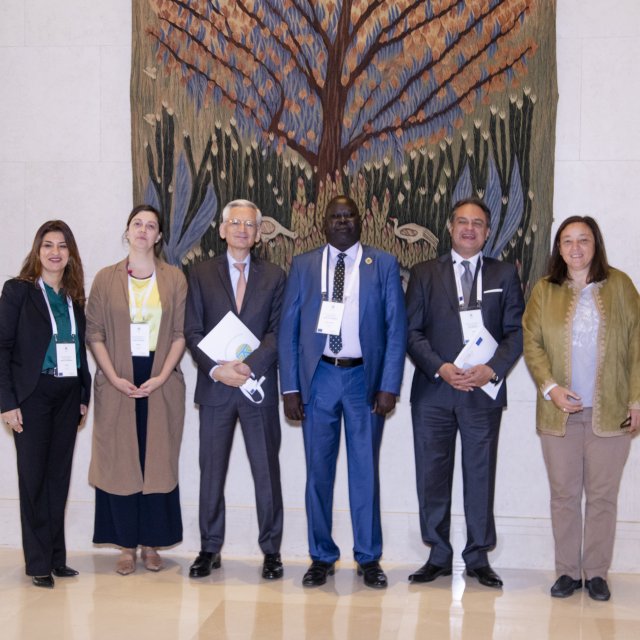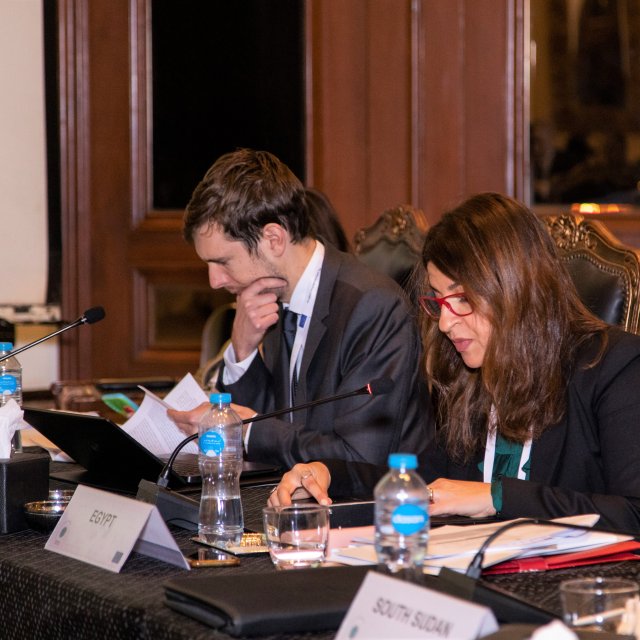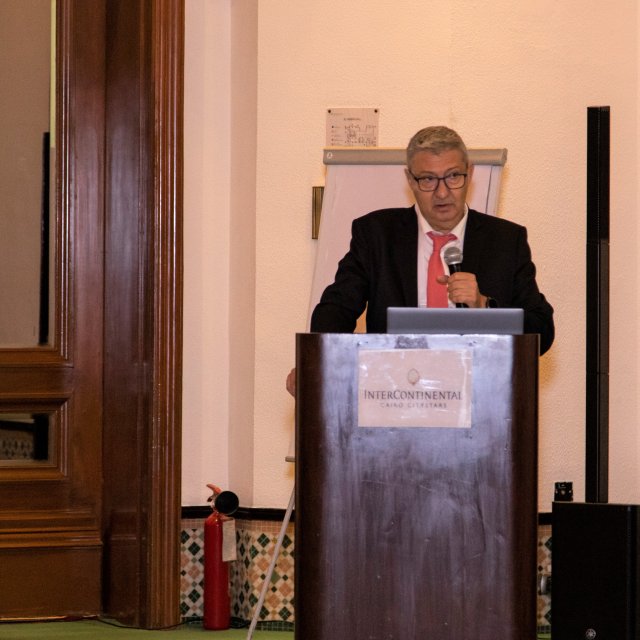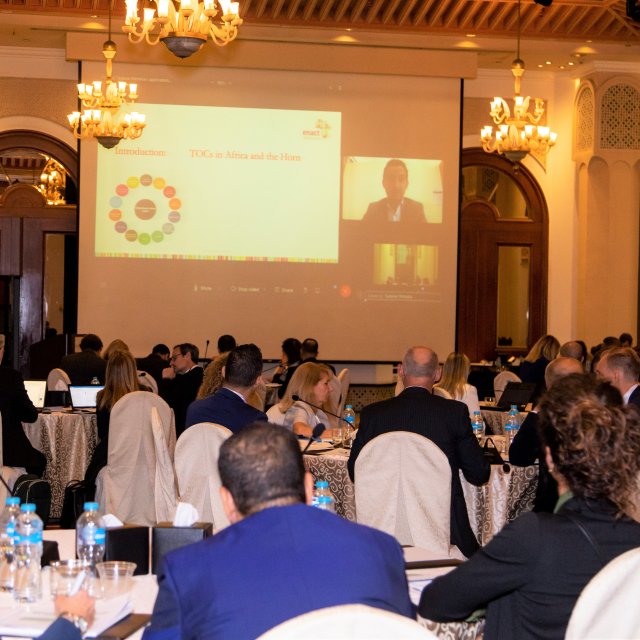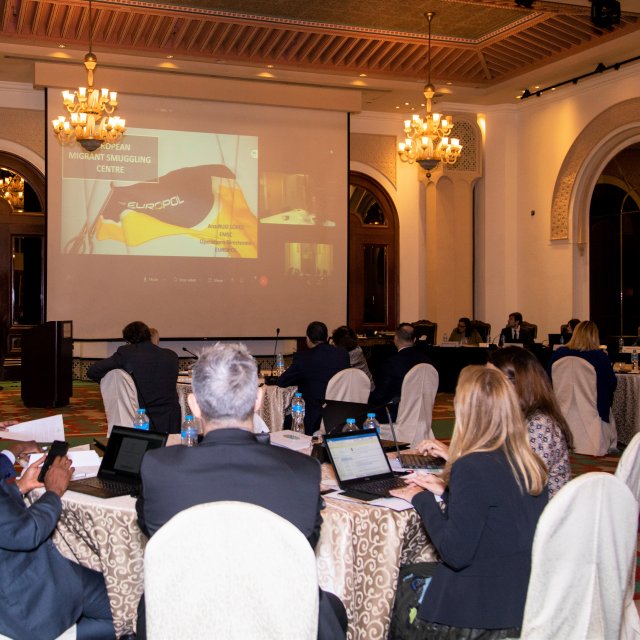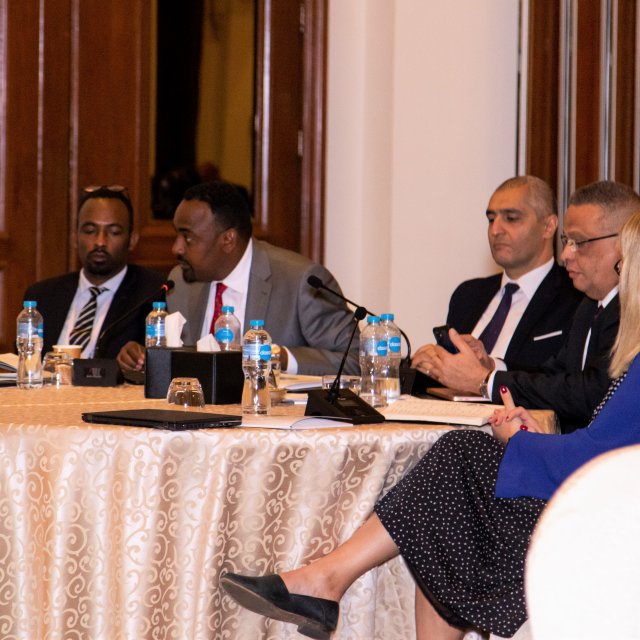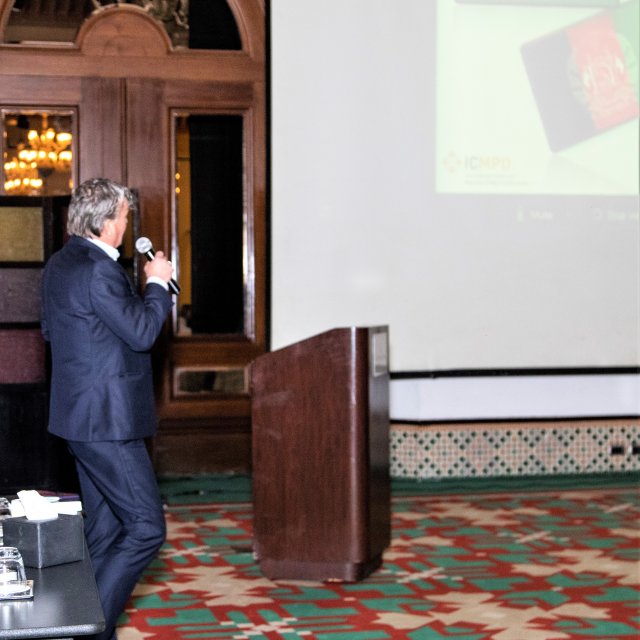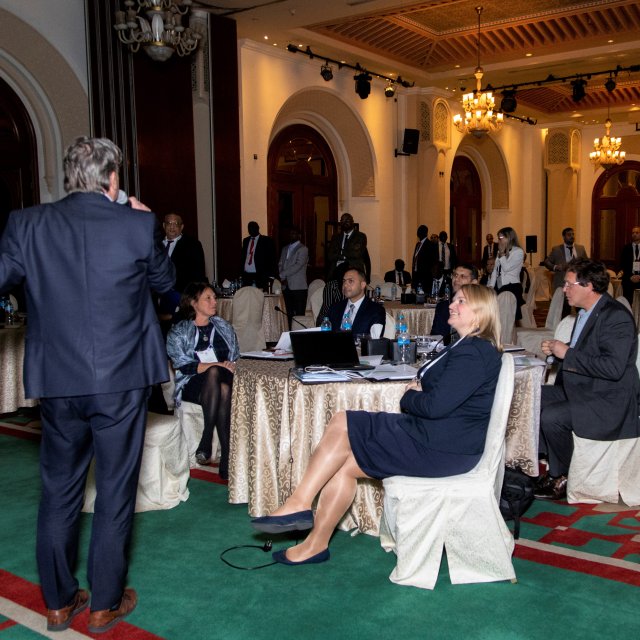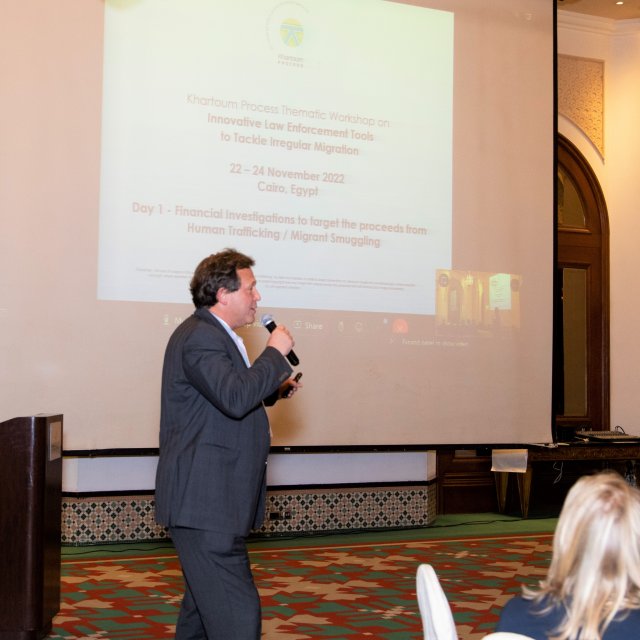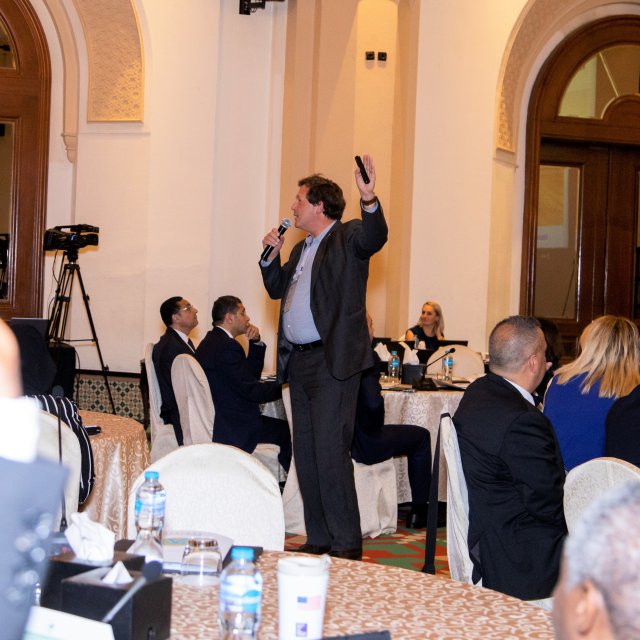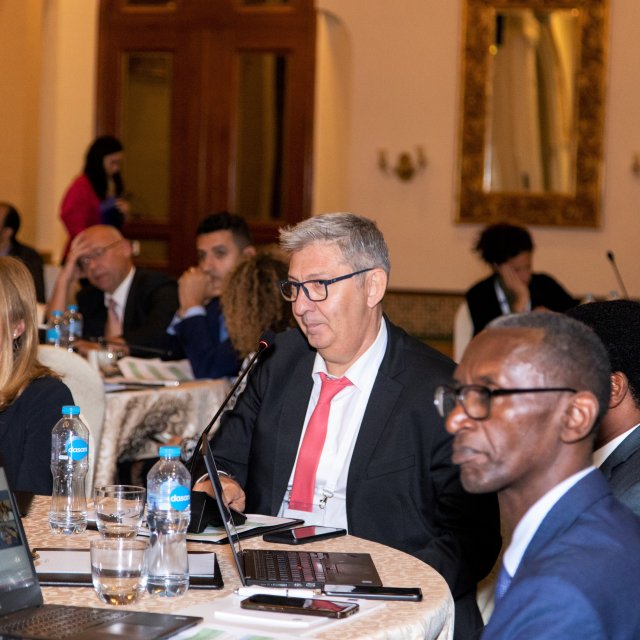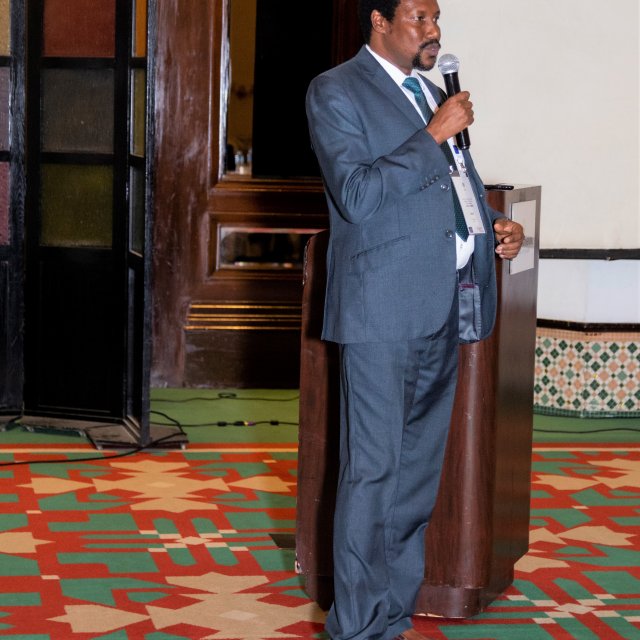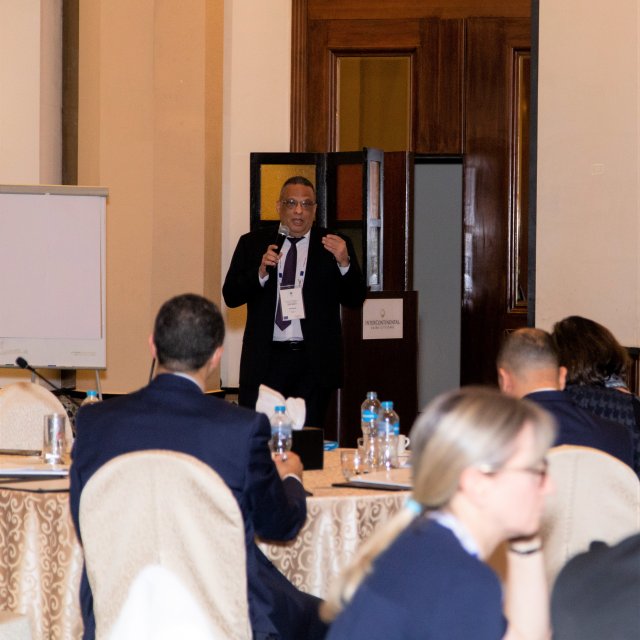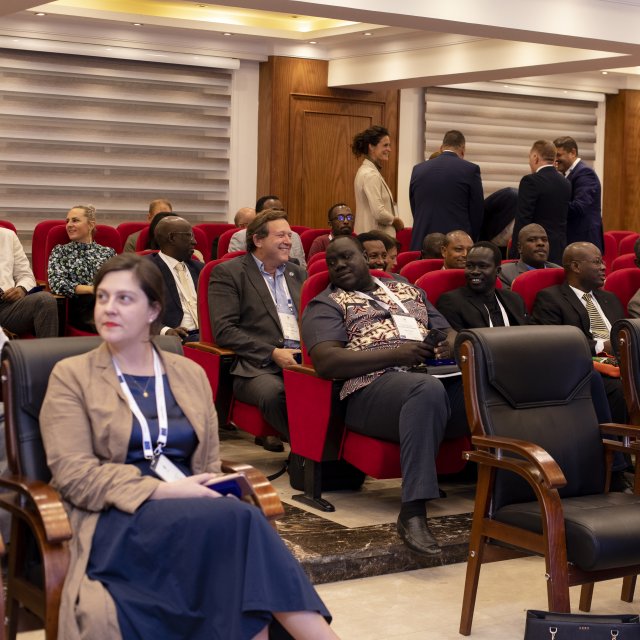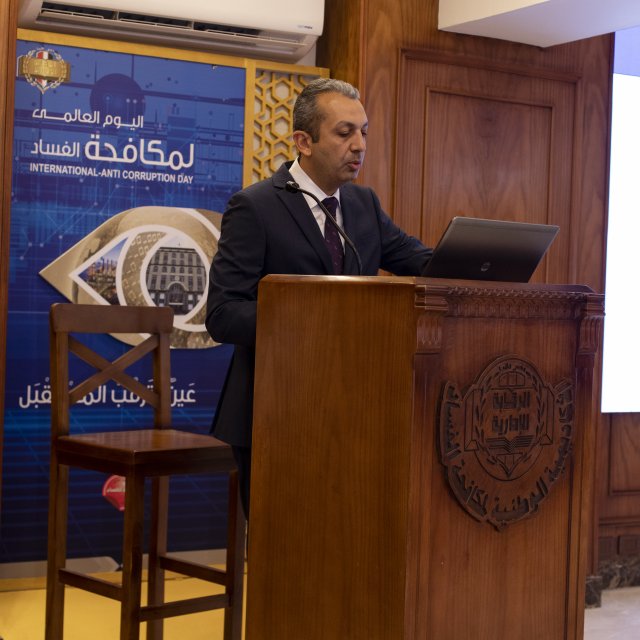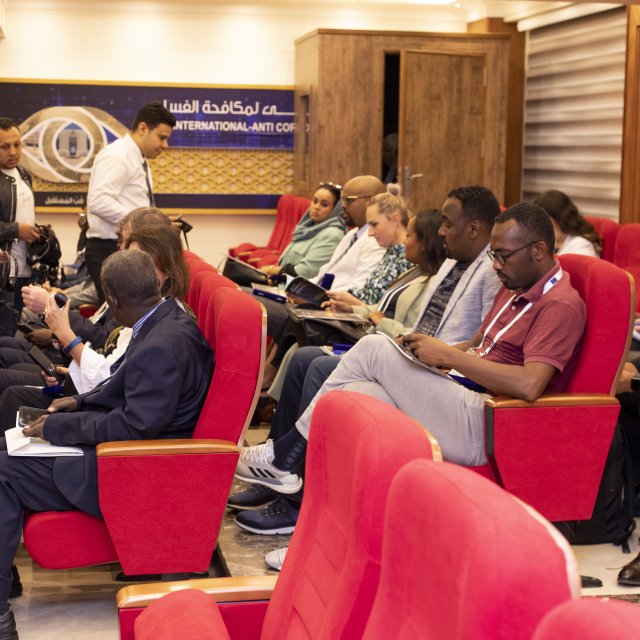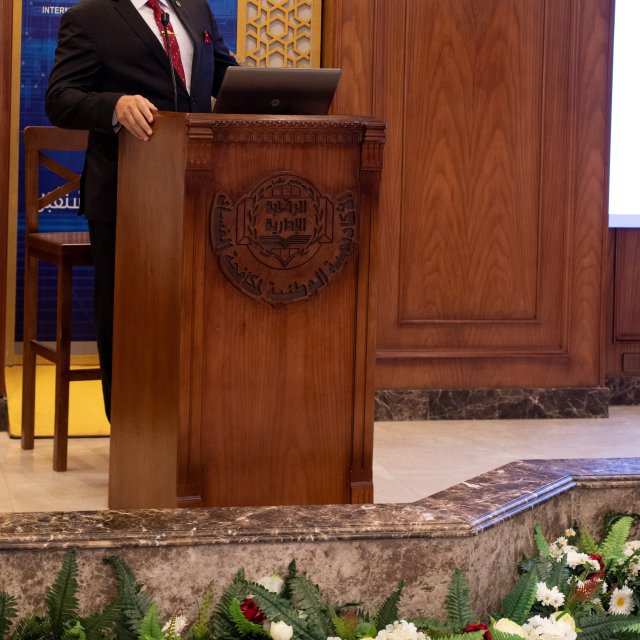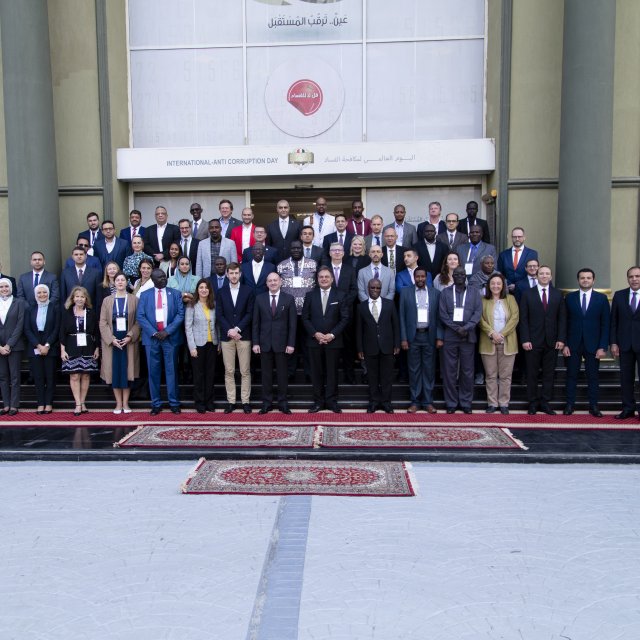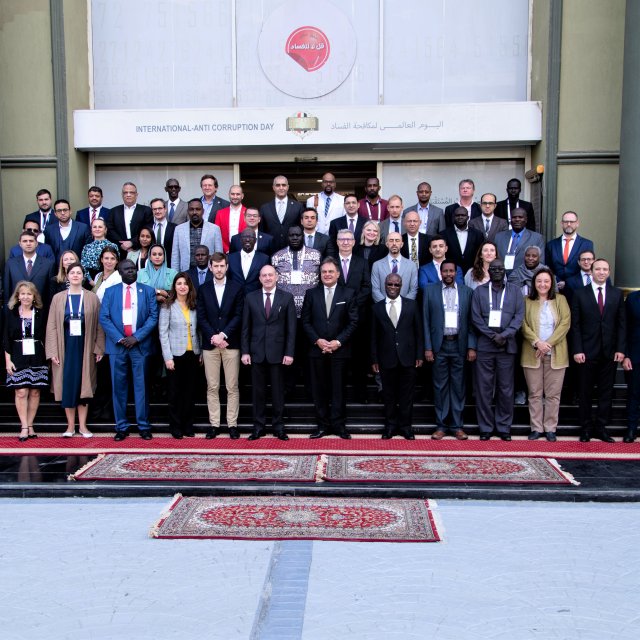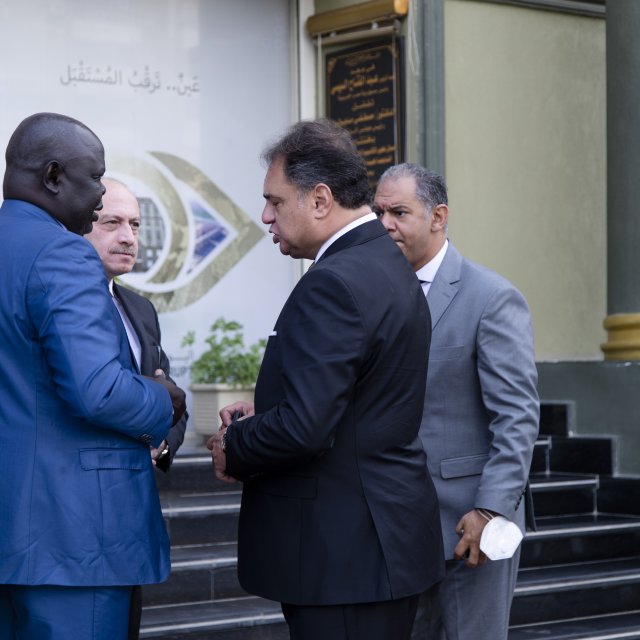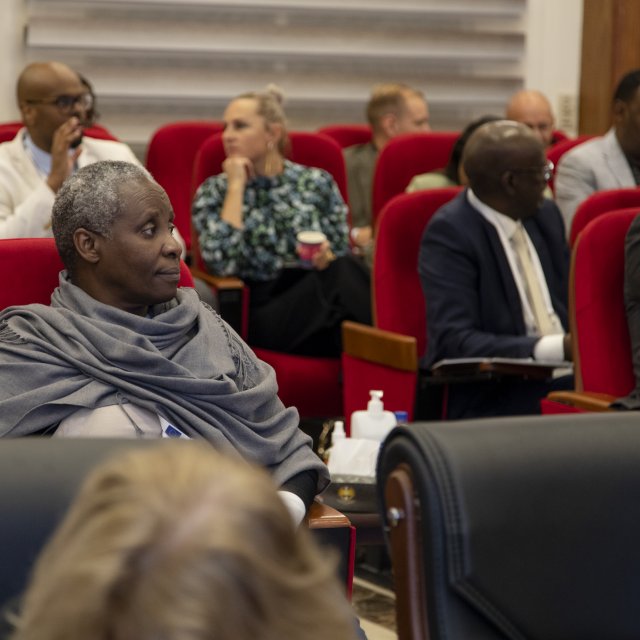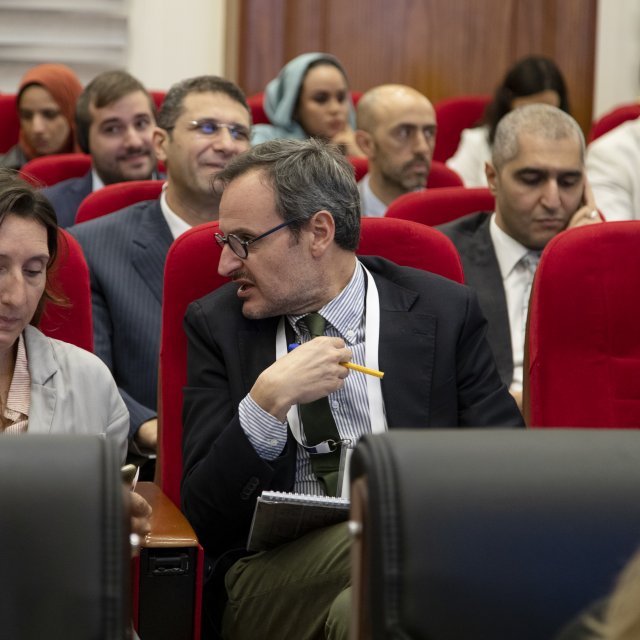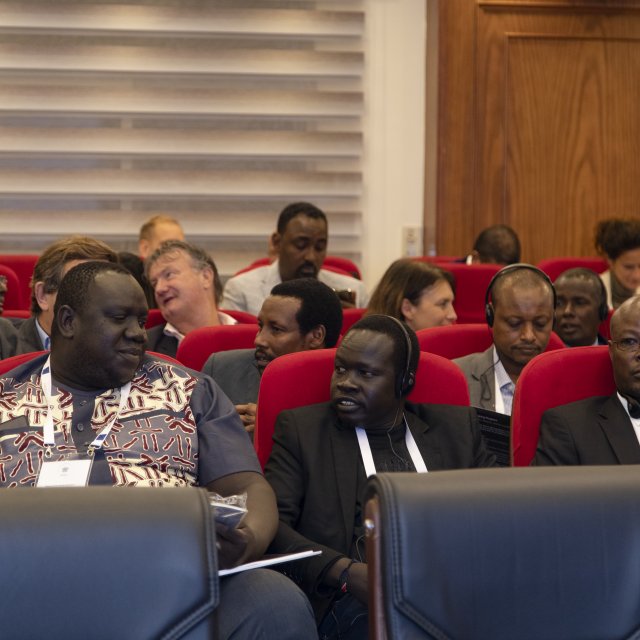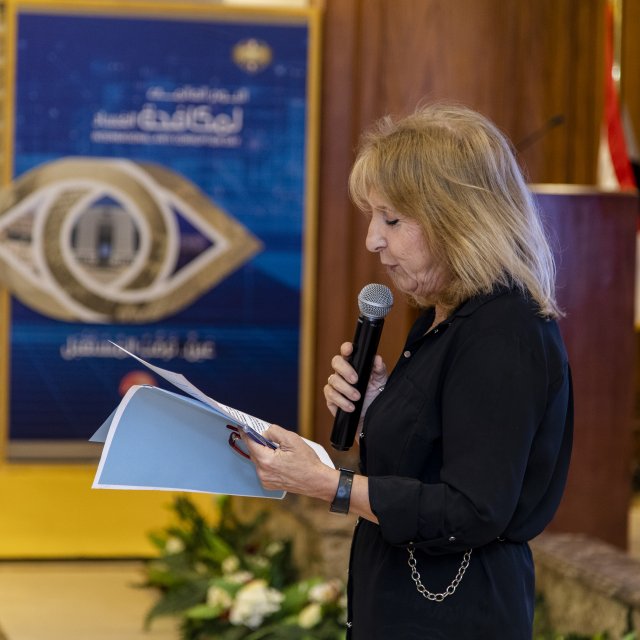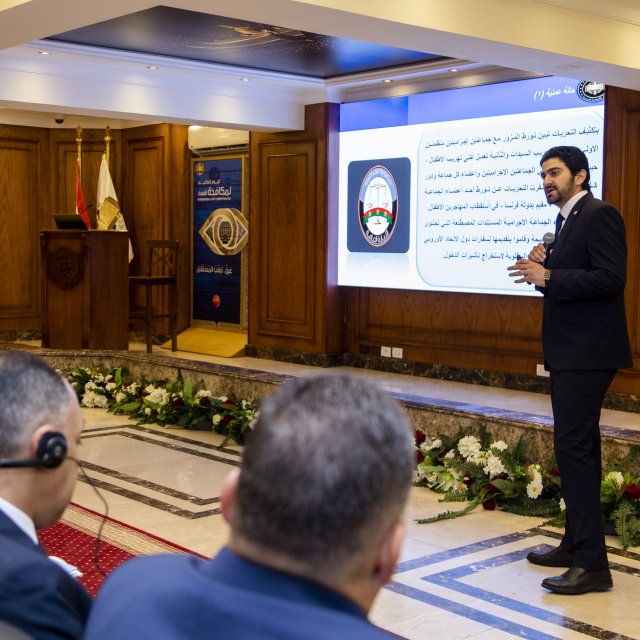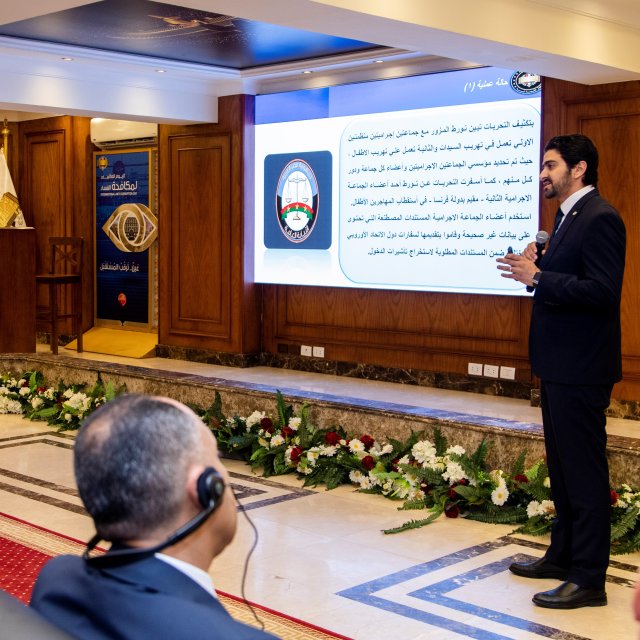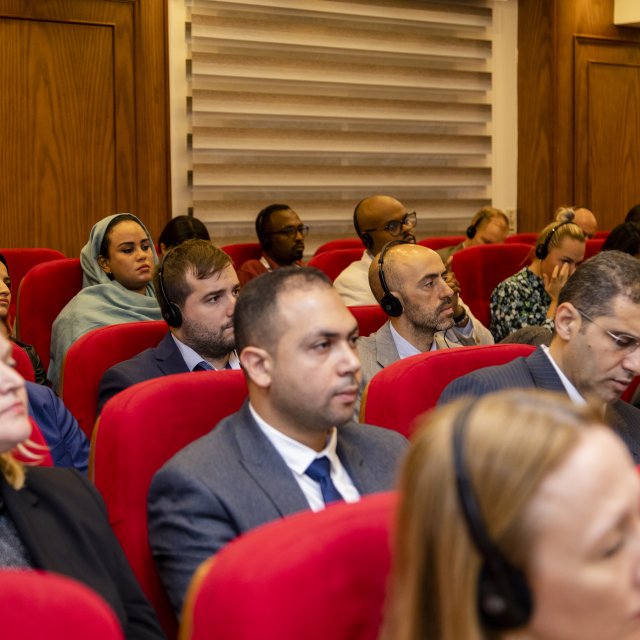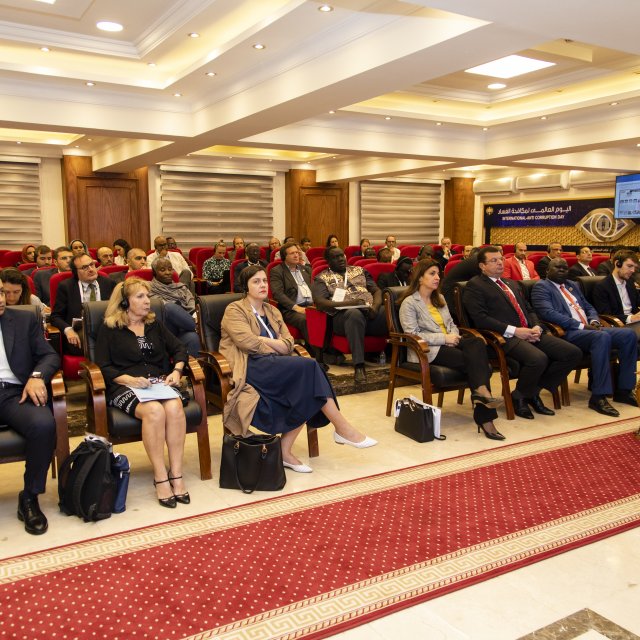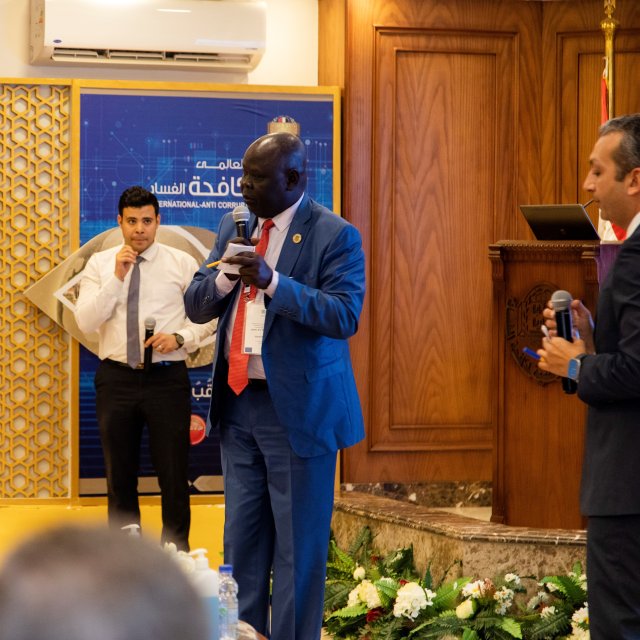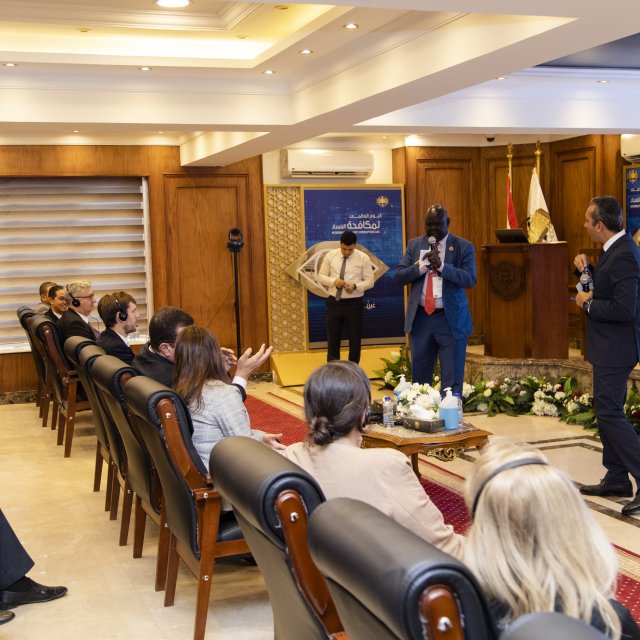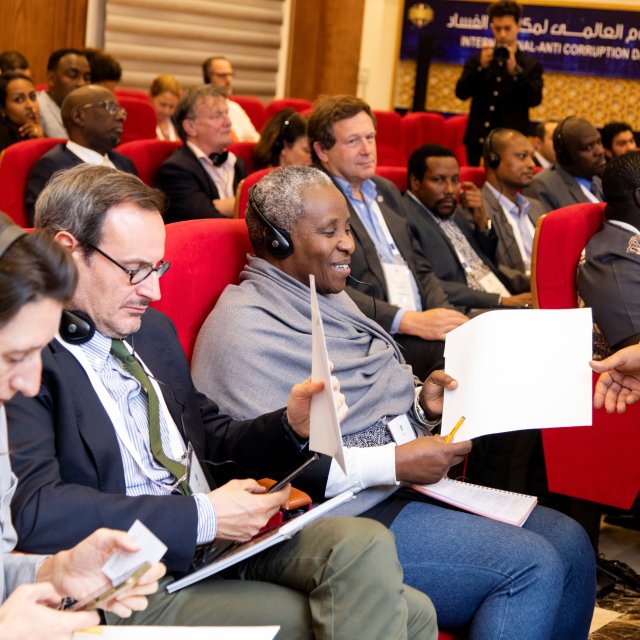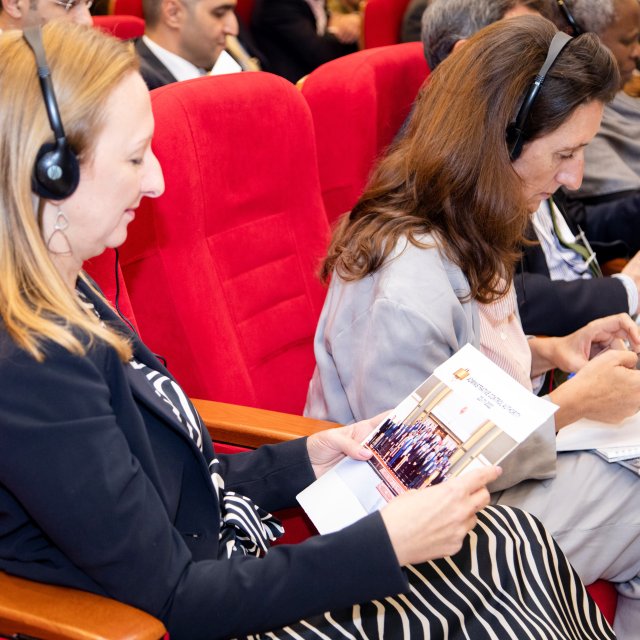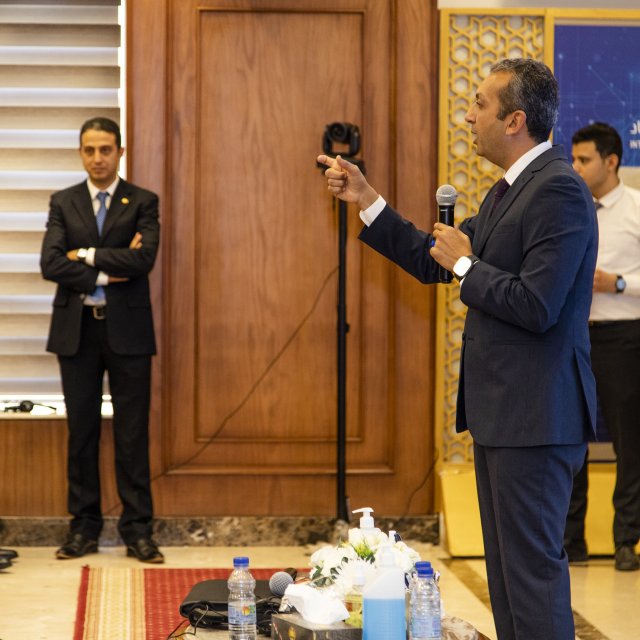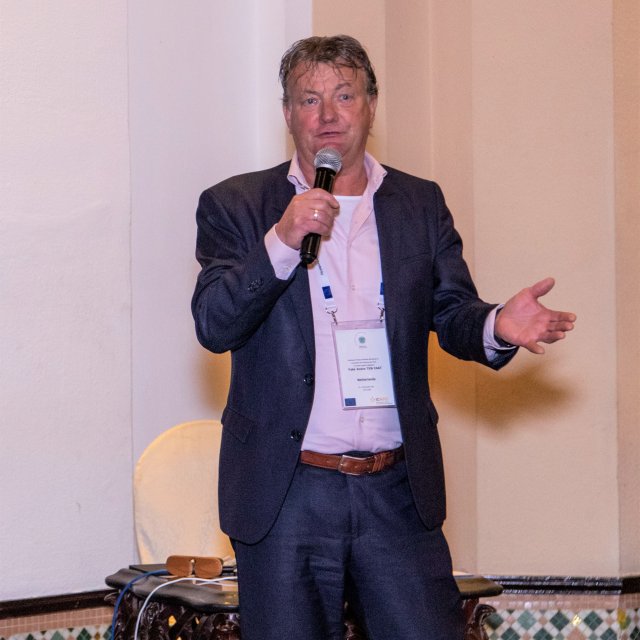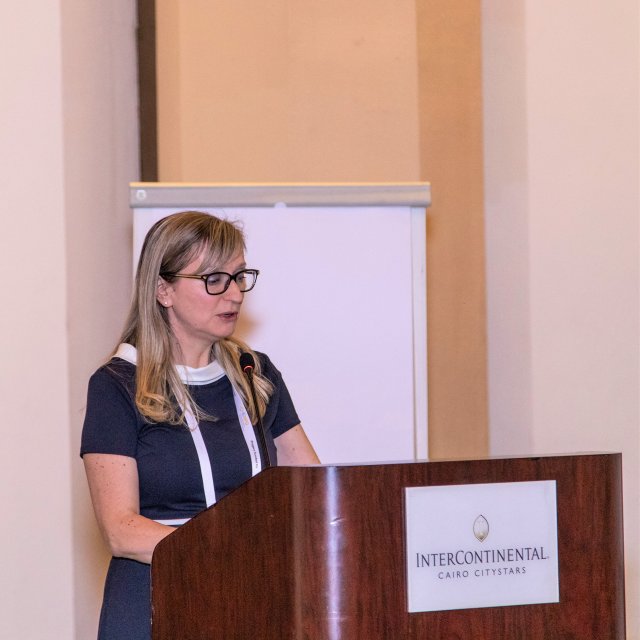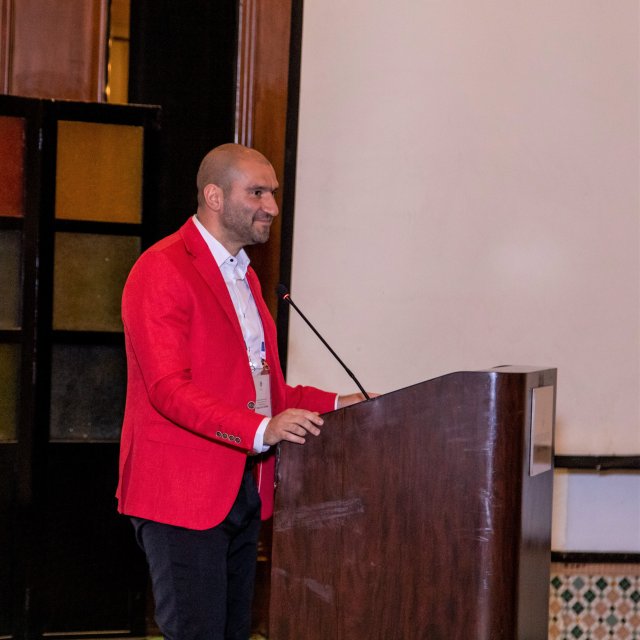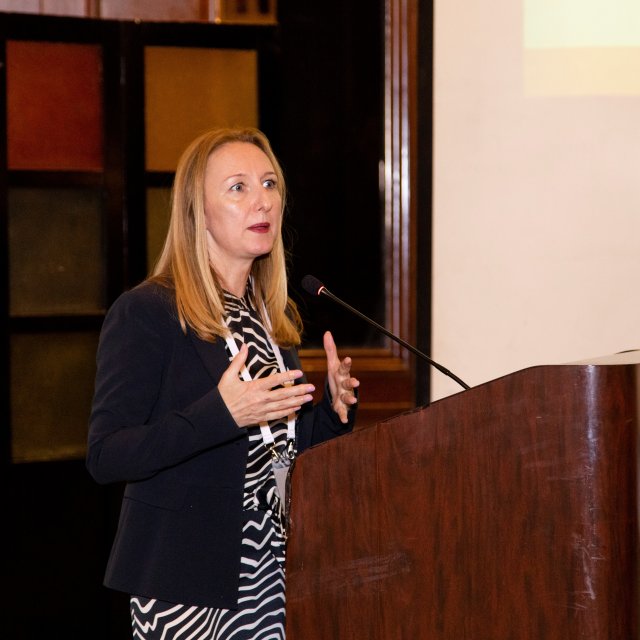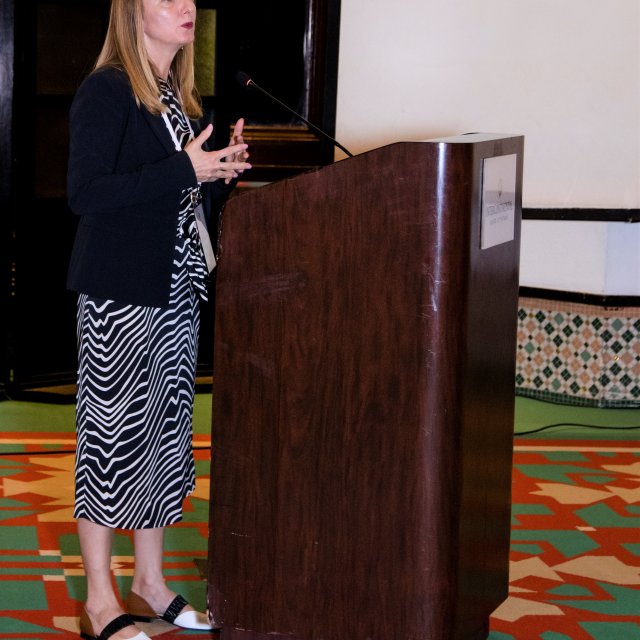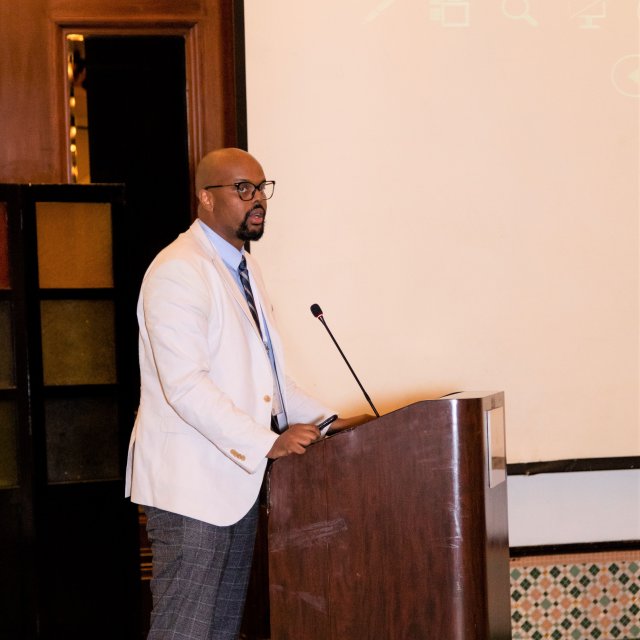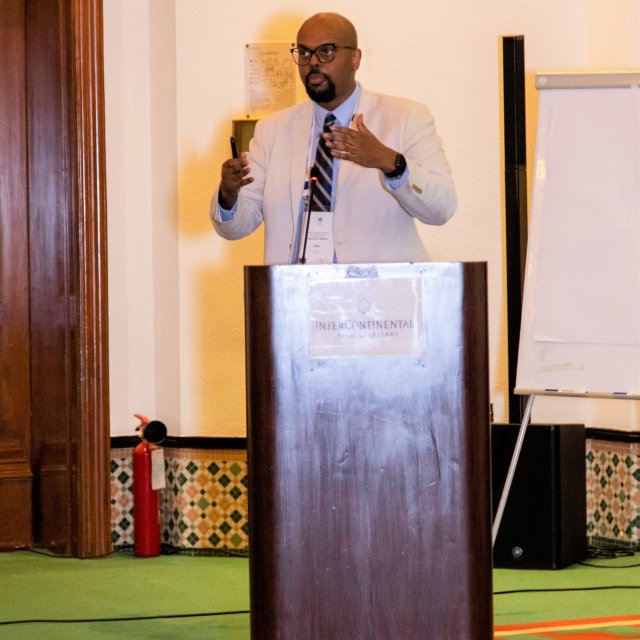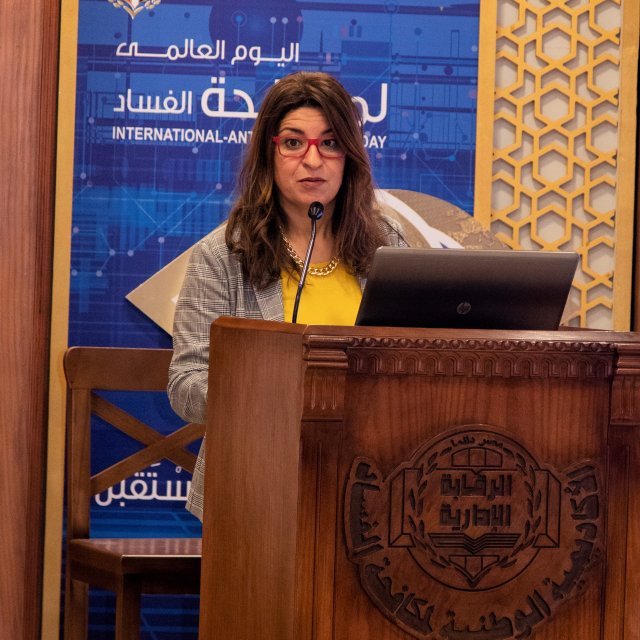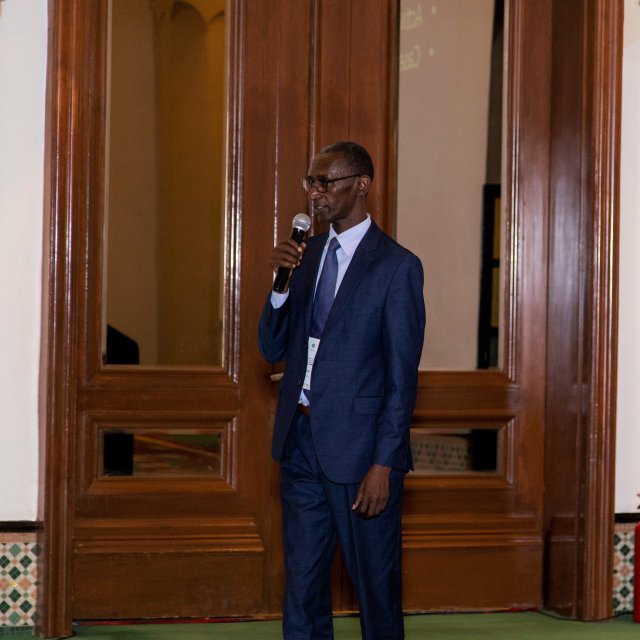The Thematic Workshop on Innovative Law Enforcement Tools to Tackle Irregular Migration took place on 22 – 24 November 2022 in Cairo, hosted by Egypt and co-hosted by France. The workshop brought together over 60 participants and experts from 19 countries and 12 different organisations and institutions, among which are EUROPOL, EUROJUST, ICMPD, INTERPOL, UNHCR, Regional Operational Centre in Khartoum (ROCK), and UNODC.
The aim of the workshop was to provide law enforcement professionals in Khartoum Process countries with practical, hands-on innovative tools to address irregular migration – trafficking in human beings (THB) and smuggling of migrants (SoM) in particular – with a focus on the financial aspects, document security, and the use of technology and digital tools, with cooperation and partnership as an overarching theme.
On the financial aspects, the workshop aimed to explore the “follow the money” approach, looking at best practices and concrete strategies to better identify and detect smugglers and traffickers’ illegal money and investigate criminal proceeds.
In regard to the interrelation between cybercrime and the use of technology to prevent and investigate THB & SoM and respond to the use of the cyberspace by criminal groups, the workshop aimed to explore promising practices for addressing current impediments and challenges in the use of technology, as well as how to adapt and use modern applications to detect, investigate, prosecute and counter THB & SoM, with due consideration to privacy, safeguards and data protection policies.
In terms of document security, the workshop aimed to explore tools and strategies to detect fraudulent documents, including highly sophisticated types of fraud, used for the purpose of THB and SoM and, subsequently, to facilitate successful investigations.
Some of the key messages that emerged throughout the workshop included the notion that legal reforms across the region, supported by strong international cooperation and tailored capacity building actions on all three thematic areas are paramount in keeping up with the fast changing nature of the crimes of THB and SoM. In order to overcome the various obstacles to international cooperation, it has been suggested that informal cooperation mechanisms may be set up as a way of speeding up communication and exchanges of information. Specifically on the matters of financial investigations and cybercrime, closer cooperation with the private sector was encouraged, with the recommendation that such cooperation should be supported by frameworks for sustained, long-term engagement, moving beyond ad-hoc exchanges with technology platforms and financial institutions.
The workshop featured a balanced mix of theoretical inputs and hands-on, practical exercises, as well as a study visit to the Anti-Corruption Academy in Cairo.










